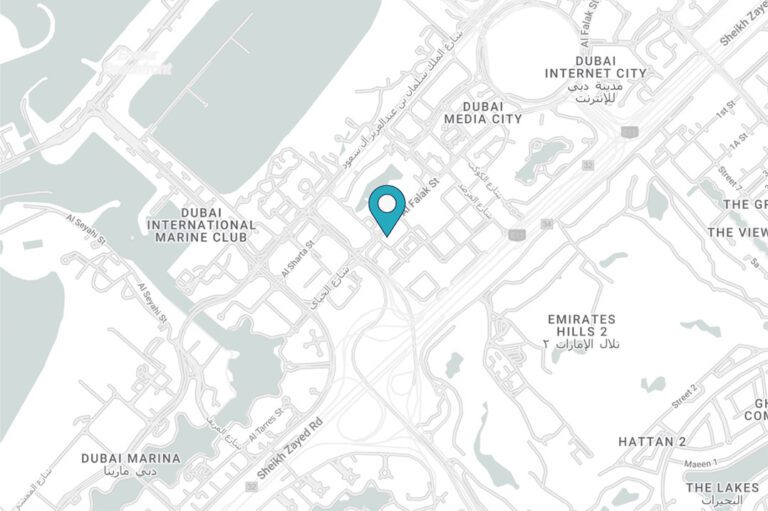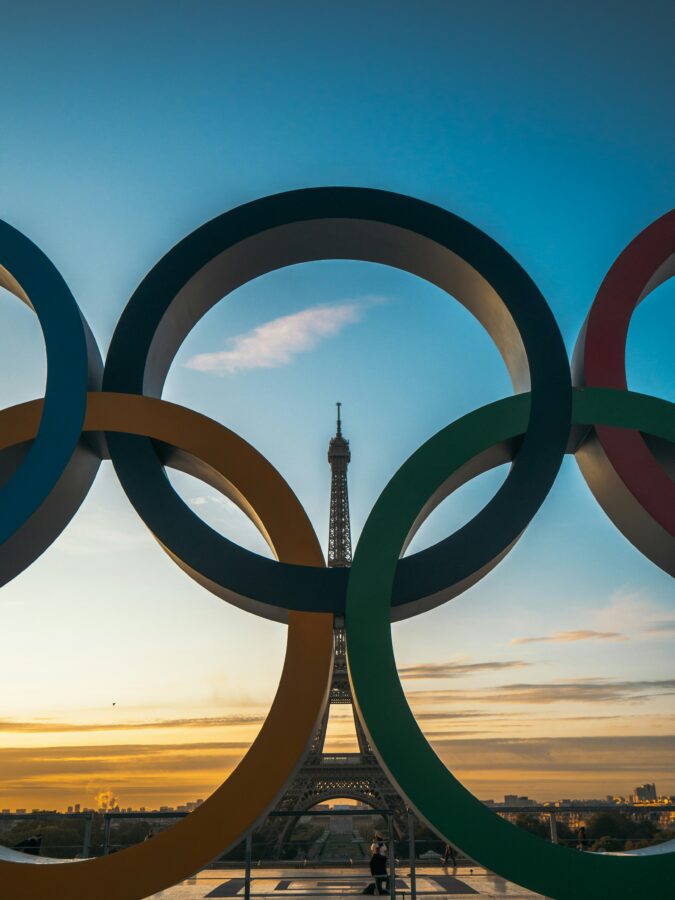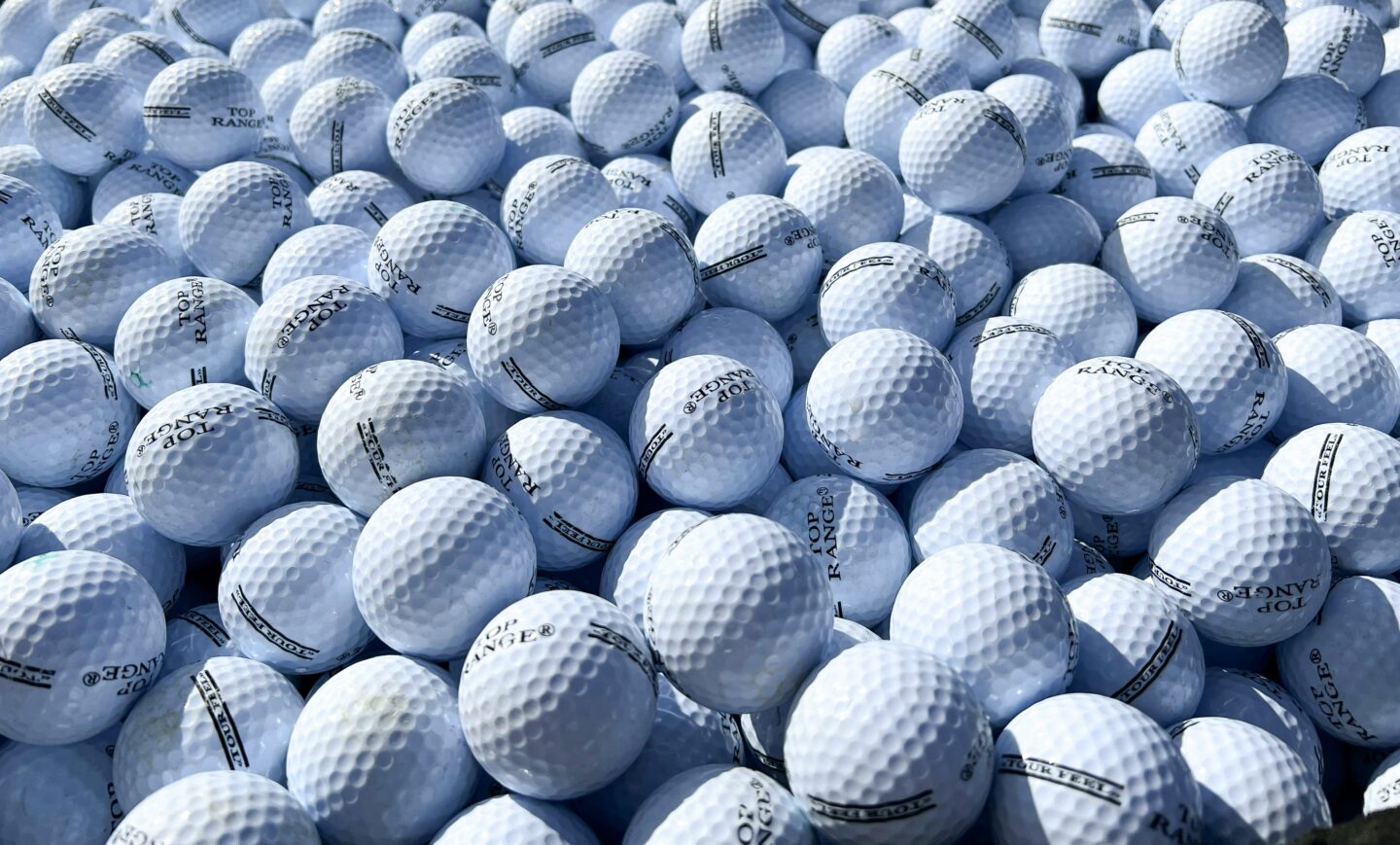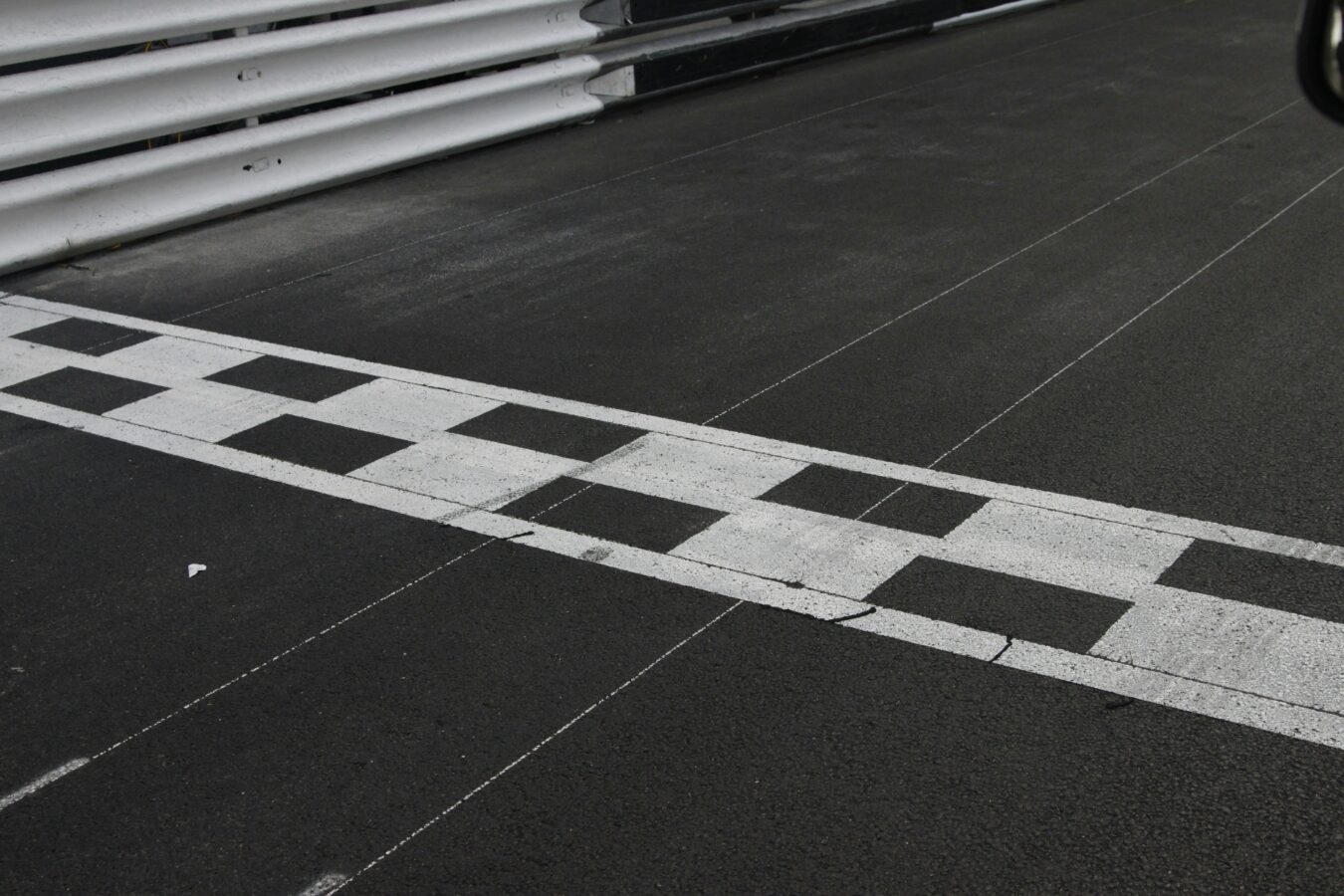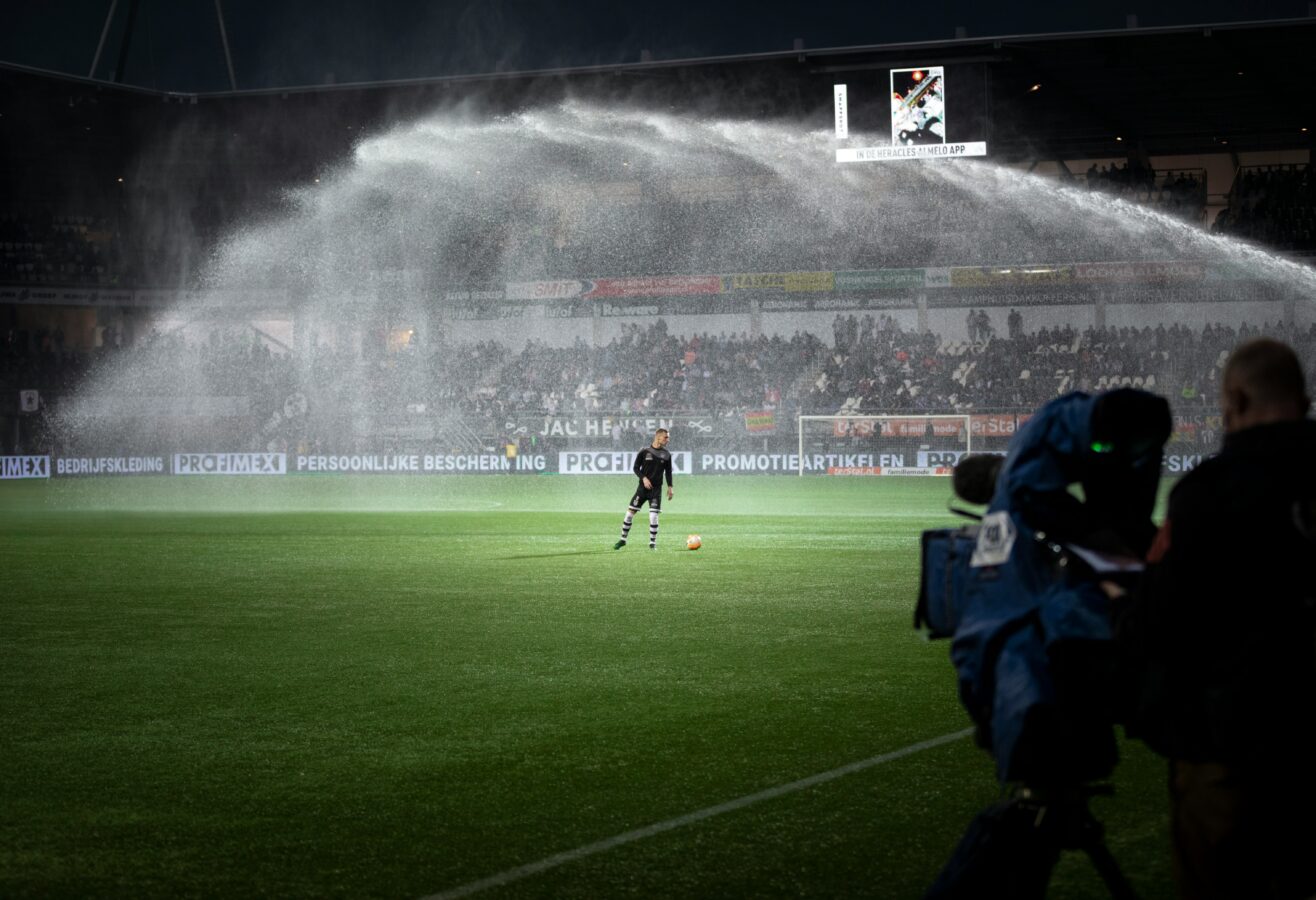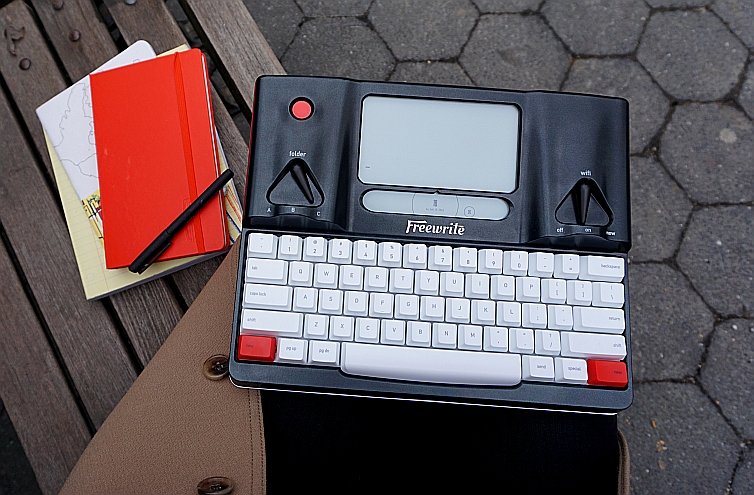
With the Paris Olympics officially starting today, the 16 worldwide partners of the Olympics (Coca Cola, Toyota, Visa and Anheuser Busch InBev to name but a few) will be relishing their time in the spotlight. However, the Games, as always, is not without its controversies. If you work in marketing or PR, the Olympics does not just mean the return of exciting and creative spots, sport and punditry. It also signals the return of the dreaded Rule 40, which turns a spectacle of just 16 days of sport into a 5-week brand partnership quagmire.
This convoluted part of the Olympic Charter is designed to protect the rights and exclusivity of Olympic partners and in doing so limits the marketing activities of other, non-partner brands, who may have deals with the same athletes. Whilst it does not completely ban personal partnerships, it does strictly regulate the use of an athlete’s image and includes a lengthy blackout period before, during and after the Games that prevents other brands from benefitting from the appeal of the Games.
Rule 40 is also designed to protect the income of the various National Olympic Committees (NOC) too. To support all its athletes at this summer’s Olympics, the British Olympic Association (BOA) needed to raise £70m to support Team GB. Rule 40 helps them to protect their income and support both their funded and unfunded athletes, by ensuring their cut of the fees.
Breaches of Rule 40 are not taken lightly. Whilst the advertiser faces limited liability, it is the athlete that may bear the brunt of penalties. The IOC or the relevant NOC penalise the athlete directly. Whilst this can ultimately end in campaign withdrawal and negative PR for the sponsor, the consequences for the athlete and the NOC tend to be of greater concern.
To complicate matters further, Team GB have their own subset of rules that come under the jurisdiction of Rule 40. Ahead of the Tokyo Olympics in 2020, 20 Team GB athletes including sprinter Adam Gemili, long-distance legends Sir Mo Farah and Laura Muir, as well as heptathlete Katarina Johnson-Thompson, all took legal action against the BOA claiming that the terms imposed on them as an extension of Rule 40 were ‘unjust and unlawful’. The athletes and the BOA eventually reached an agreement allowing athletes more freedom to acknowledge their personal sponsors – even if this was still strictly regulated.
The agreement permitted athletes one message per sponsor per event, one message per day, three messages per sponsor throughout the Games, and a maximum of 10 thank you messages in total. These posts cannot contain Olympic branding, promote specific products or services, or imply a commercial association with Team GB or the Olympics.
After the understandably muted sponsor activity that came with an Olympics during a pandemic and then a Winter Games in the challenging branding environment of Beijing 2022, Paris 2024 has brought international sporting brand strategy back to the fore.
But with Rule 40 now squarely back in focus, it would seem as though those excellent reactive campaigns or genius plans with an Olympic swimmer have taken a dive. Once again brands and agencies the world over are asking that all-important question: is there a way around Rule 40?
In short, no. The Rule is so broadly defined that even the most creative of campaigns could still be seen as benefitting from the image of the Olympics. But here are our top tips for ensuring compliance:
- Avoid any Olympic properties including names of Teams, mentions of ‘The Games’ and any textual or visual mentions of the Olympics
- Avoid the use of NOC logos, kits and flags
- Keep it general and avoid implied association with the Olympics
- Take advantage of the ‘Thank You’ rules
- Be creative and work around any tricky phrasing
- Consider your angles – just because it’s a summer Games does not mean winter Olympians or former Olympians should not be part of the conversation
- Maintain dialogue with your athletes and NOCs
Some brands and athletes may see past the risks, especially if Paris 2024 is likely to be their last time on the world stage there isn’t much for either party to lose. Conversely, others will consider the possibility of a backlash or negative press as something they don’t wish to wrestle with.
So, we hope you have your campaigns in order. Otherwise, the IOC, Team GB, or your local NOC may come knocking…
Rory Hughes & George Butler
Useful Resources
